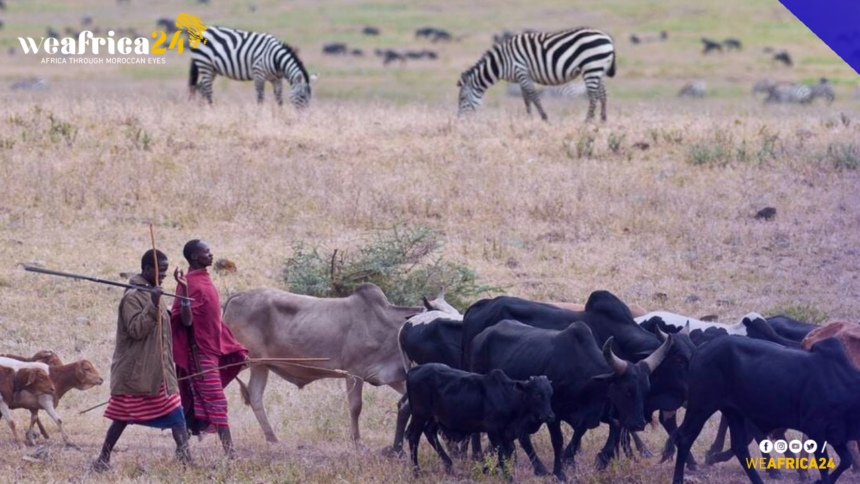The World Bank has initiated an investigation into alleged human rights violations connected to Tanzania’s $150 million tourism resource management project. The investigation, launched on December 14, 2023, stems from the failure of Tanzanian authorities to resolve disputes with communities affected by the project. Two unnamed complainants rejected the government’s proposal for negotiation, prompting the formal inquiry.
The focus of the investigation centers on the Tanzania National Parks Authority (Tanapa), a key implementing agency accused of employing violence and forcefully seizing cattle from communities surrounding the Ruaha National Park, part of the project area. These actions were allegedly intended to coerce communities to vacate the land.
The Resilient Natural Resource Management for Tourism and Growth (Regrow) project, spanning seven years, is funded by the World Bank to support Tanzania’s southern tourism circuit. The project aims to enhance infrastructure, management systems, and provide alternative livelihoods for affected communities. With a scheduled completion in February next year, approximately $99 million of the project’s financing package has already been disbursed.
The request for investigation was submitted last June by two individuals from Tanzania, seeking confidentiality due to fear of retaliation. The World Bank’s decision to intervene followed the endorsement by its Board on November 15, providing a 30-day grace period for the Tanzanian government to explore dispute resolution mechanisms.
Tanzania’s Finance Minister, Mwigulu Nchemba, expressed the government’s intent to pursue dispute resolution in December. However, the Accountability Mechanism Secretary at the World Bank stated on December 11 that no agreement had been reached, leading the complainants to opt for a direct investigation.
The investigative panel plans to engage experts to assess rules of engagement and interactions between security forces and local communities, aligning with World Bank project financing policy. A fact-finding field visit is scheduled to consult with complainants, community members, Bank staff, implementing agencies, relevant ministries, development partners, and other stakeholders.
The investigation is expected to conclude by June, with the findings submitted to the World Bank’s top management for further action. The outcome could have implications not only for the project but also for the broader discourse on human rights and development initiatives in the region.







